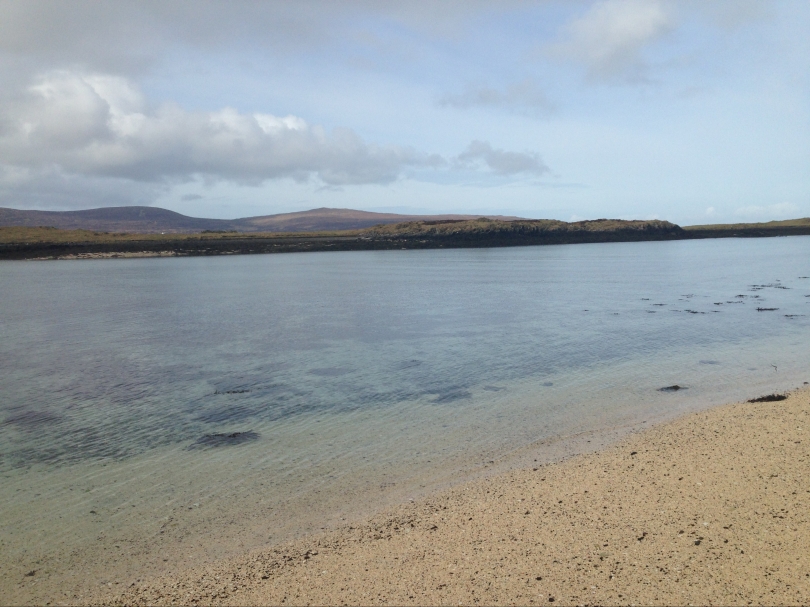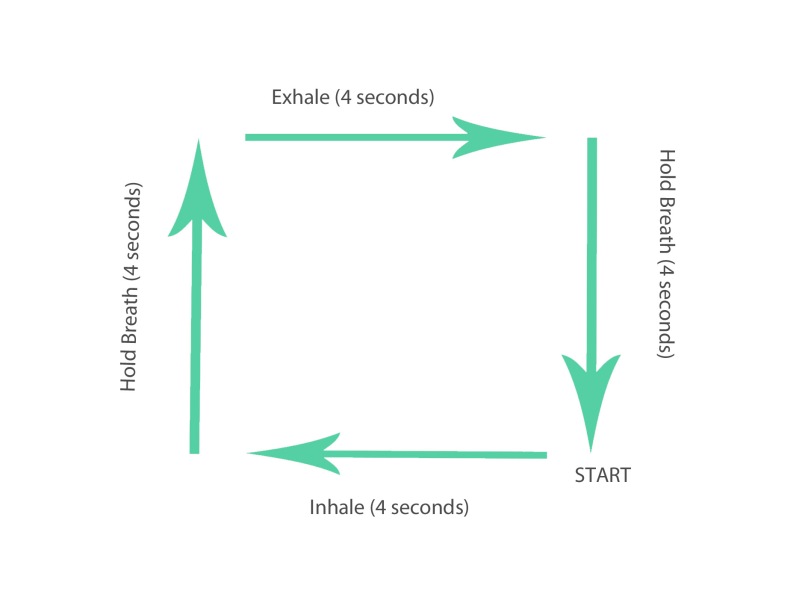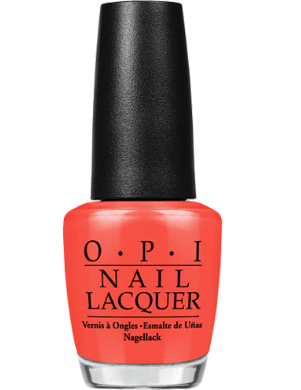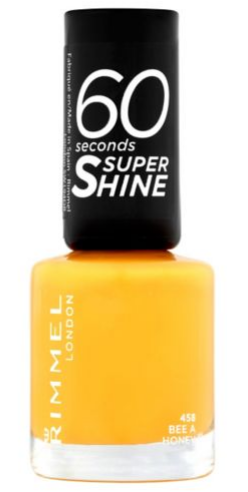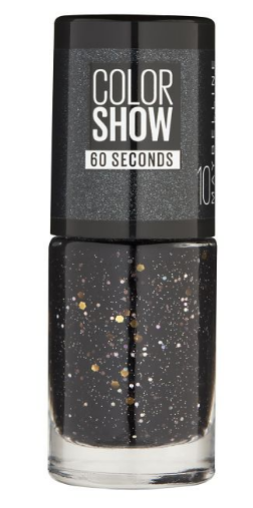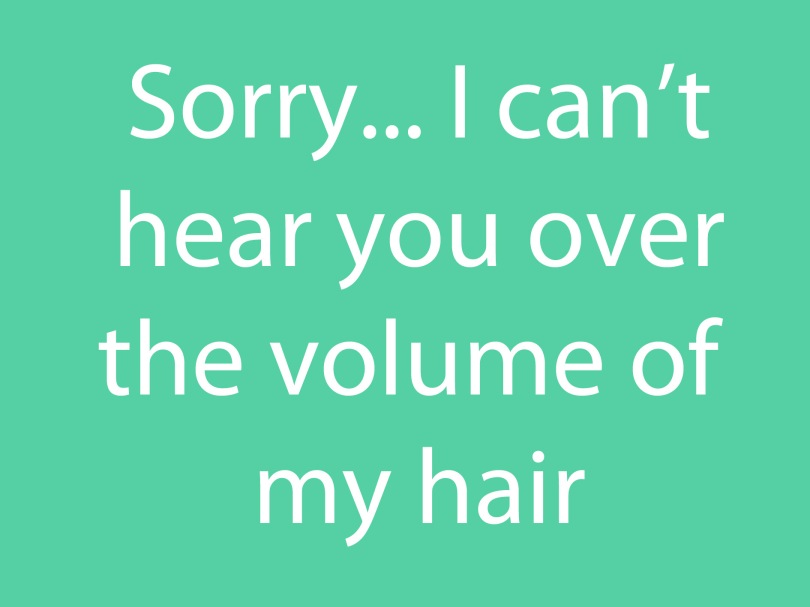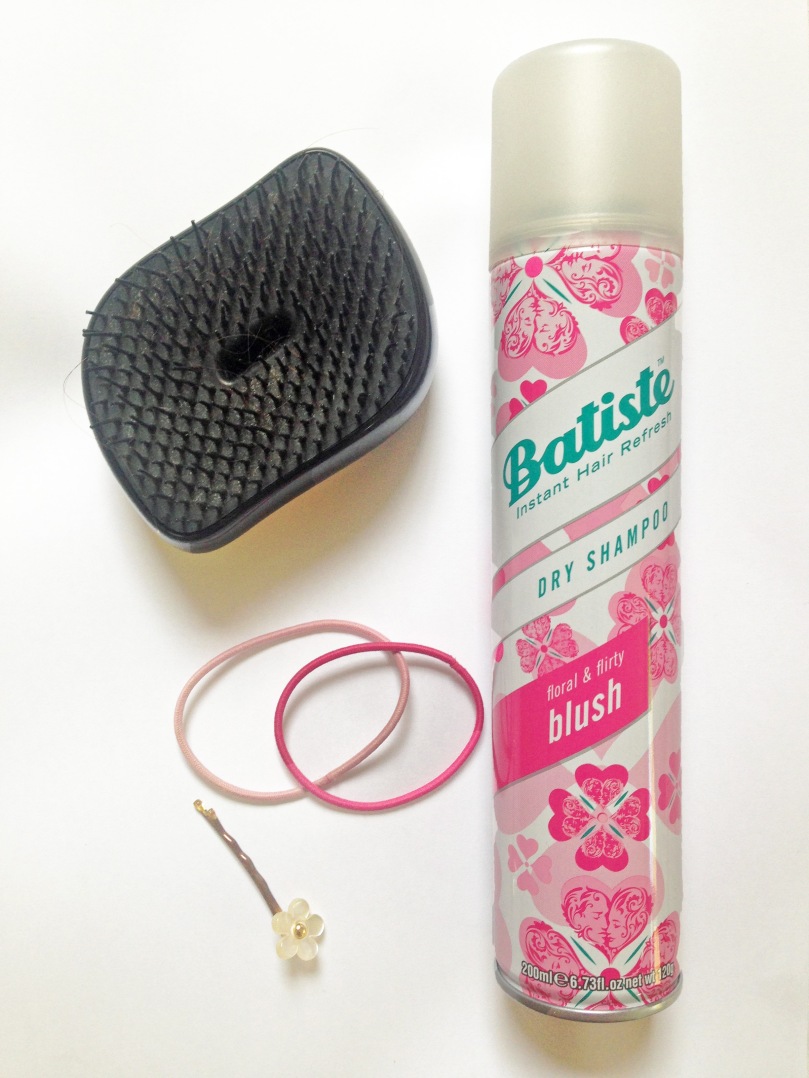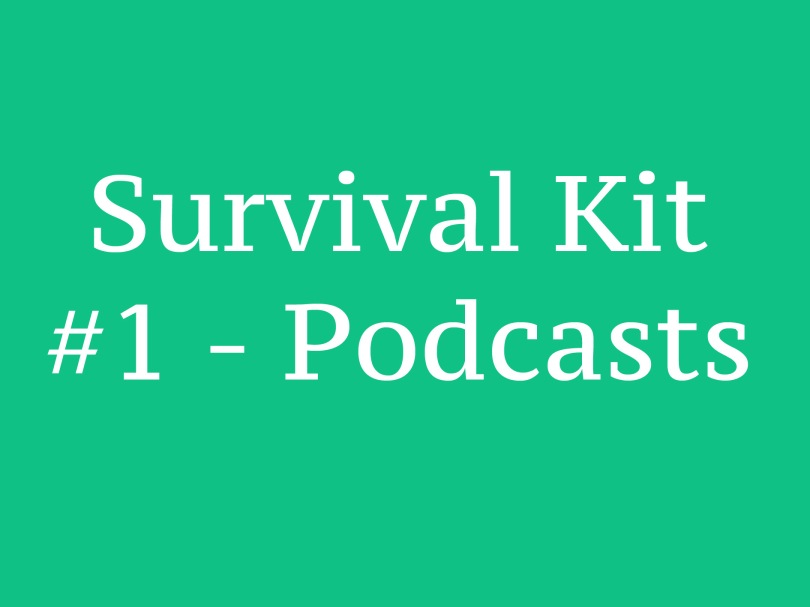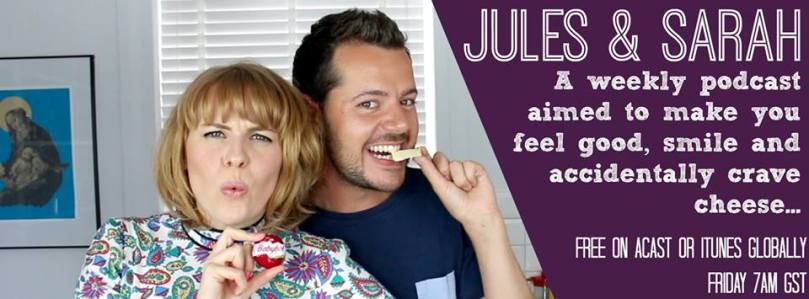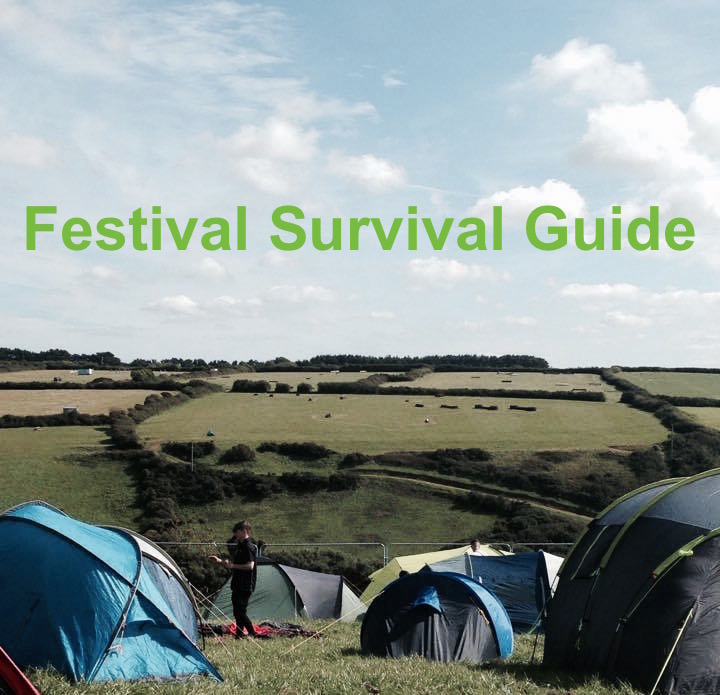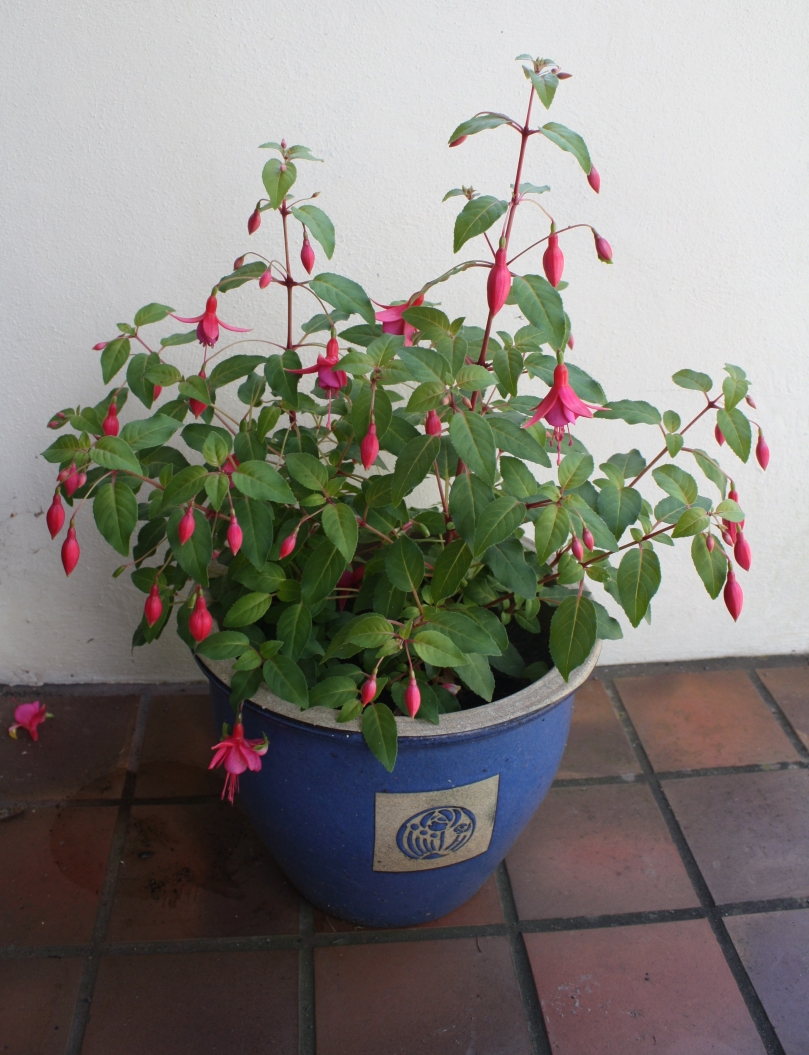
The last few days have been a blur of anxiety, events in my private life have aggravated my OCD behaviours, and compulsions I thought I had conquered have been creeping back in. I have spent the last couple of days scrolling through images on social media of everyones ‘amazing’ and ‘beautiful’ bank holiday weekends while feeling guilty for not enjoying one of my own. I always find organised events difficult to cope with, birthdays and Christmas and holidays where the pressure to have a perfect time just feels a bit too much and as a result I end up doing not very much at all, crippled by the need to do things ‘just right.’
It was with these thoughts that I stumbled across Bryony Gordon’s latest photo on instagram in which she too admitted to having a slightly rubbish time despite the sunny weather. For those of you who don’t know her Bryony is a British journalist, author and mental health advocate (basically an all round superwoman) whose work was one of the biggest inspirations behind my starting this blog in the first place.
And so following Bryony’s advice – To hold on. And to pull as many funny faces as possible – I took myself off for a walk. I enjoyed the last hours of sunshine and I ignored my brains insistence that I had left the door open or ruined the entire bank holiday (I hadn’t).
So if you are having a bad day today, or if you have one tomorrow or next week, hold on. You can get through this, go outside if you can, speak to someone you trust and remember that tomorrow is a new day. I can’t guarantee that it will be better, but there is every chance that it could be.

